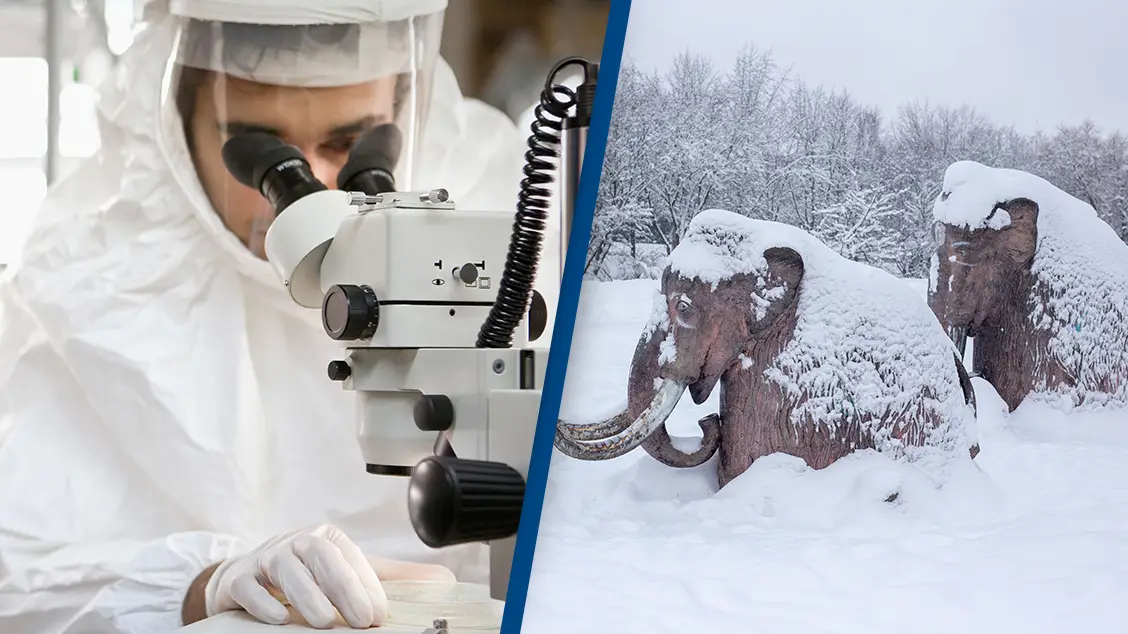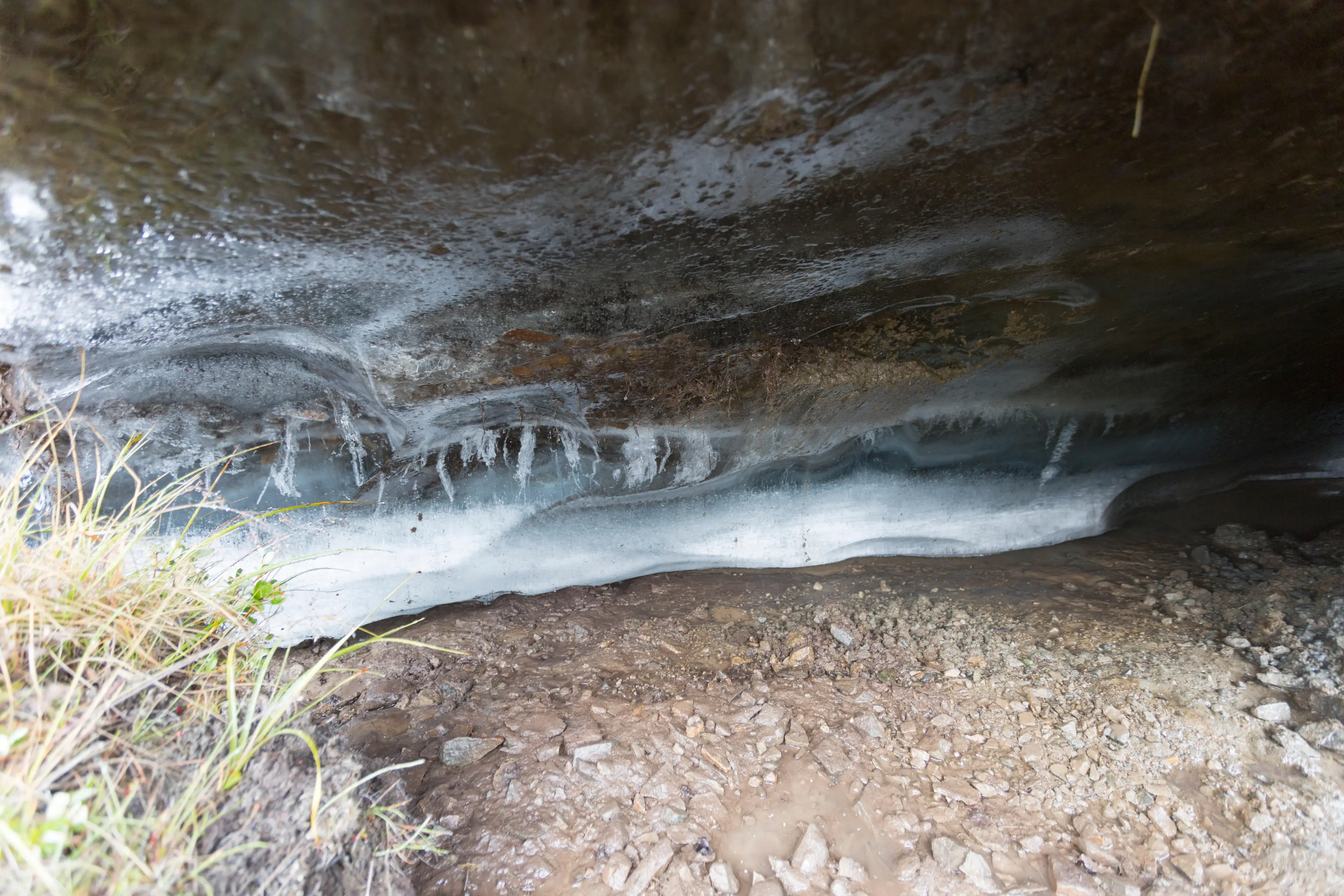
Scientists have revived more than a dozen ancient viruses found in Siberian permafrost.
In what could only sound like a science fiction movie, a team from Aix-Marseille University in France has resurrected a bunch of viruses stretching back tens of thousands of years to study their origins.
There were 13 in total, and they were found in 'five different clades from samples collected in the icy Russian far east', according to IFLScience.
There were three viruses discovered inside a 27,000-year-old chunk of wooly mammoth poo.
Advert
They have been called Pithovirus mammoth, Pandoravirus mammoth, and Megavirus mammoth.
Megavirus really has a ring to it, doesn't it?

Impressively, the researchers have also uncovered a virus that is roughly 48,500 years old.
Jean-Michel Claverie, professor of genomics and bioinformatics at the Aix-Marseille University’s School of Medicine, told New Scientist that is a 'world record'.
It's hoped this research will be able to peer into the annals of history and see how humankind and animals dealt with these viruses.
While these viruses only would attack amoeba back in the day, the team from Aix-Marseille discovered they had the 'potential to be infectious pathogens'.
Great. Just great.
Their study, which is yet to be peer-reviewed, has been published in on the preprint server bioRxiv and the authors hope this research can be used to fight off future virus outbreaks.
“As unfortunately well documented by recent (and ongoing) pandemics, each new virus, even related to known families, almost always requires the development of highly specific medical responses, such as new antivirals or vaccines,” the study authors said in their report.

“There is no equivalent to ‘broad spectrum antibiotics’ against viruses, because of the lack of universally conserved druggable processes across the different viral families.
"It is therefore legitimate to ponder the risk of ancient viral particles remaining infectious and getting back into circulation by the thawing of ancient permafrost layers."
Their study concluded that much more research is needed into 'eukaryote-infecting viruses' because, at the moment, 'very few studies have been published on this subject'.
It's feared that if climate change continues to wreak havoc on the planet, viruses that have been locked away in places like the Siberian permafrost could be awaken naturally.
And we certainly wouldn't want that after what everyone has been through with the coronavirus pandemic.
Topics: Science
